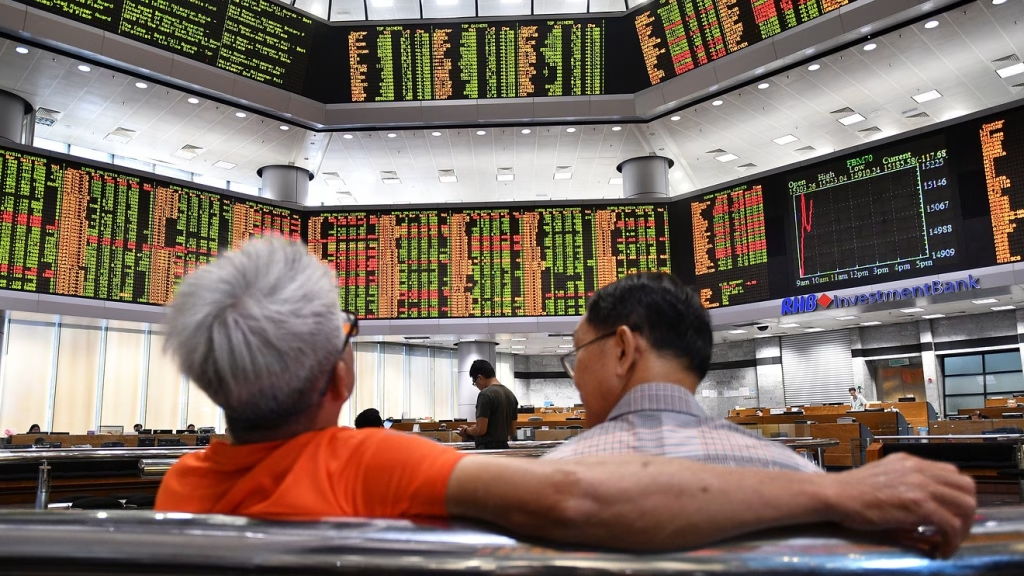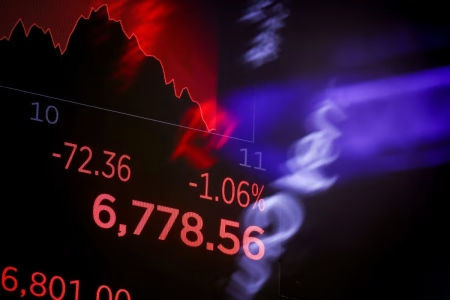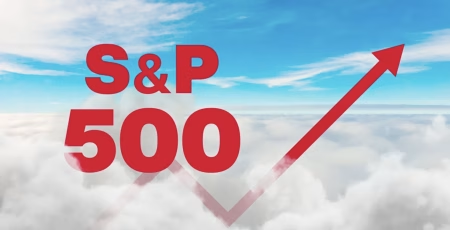Malaysia Stock Exchange Market Cap
Malaysia Stock Exchange Market Cap, The bustling financial landscape of Malaysia is represented mainly through the Malaysia Stock Exchange, a significant platform for stock trading and investment in Southeast Asia. Among the various metrics that analysts and investors track, the market capitalization (market cap) of the Malaysia Stock Exchange (Bursa Malaysia) stands out as a crucial indicator of its size and performance. This article delves deep into the concept of market cap, its current status in the Malaysia Stock Exchange, and its implications for investors.
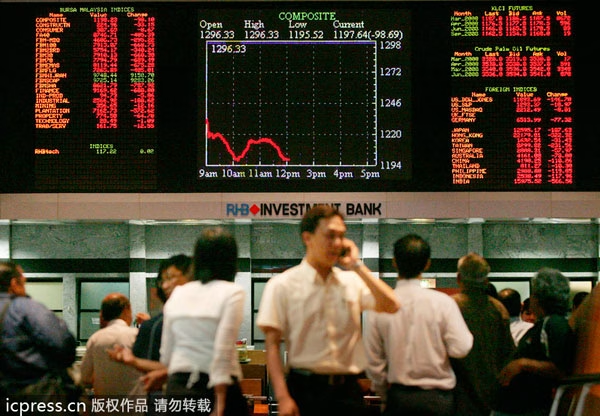
What is Market Capitalization?
Market capitalization refers to the total market value of a company’s outstanding shares of stock. It is calculated by multiplying the current share price by the total number of outstanding shares. For stock exchanges, the market cap is the aggregated value of all listed companies.
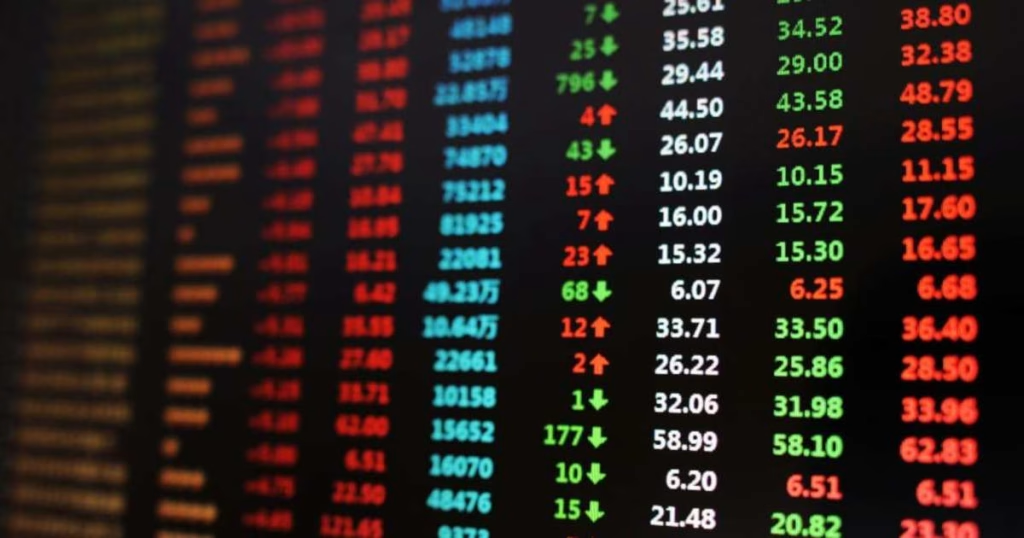
Why is Market Cap Important?
- Investment Decisions: Market cap helps investors gauge the size of a company and assess its potential for growth or stability.
- Risk Assessment: Companies with a larger market cap are typically perceived as more stable investments than smaller companies, making this metric valuable for risk assessment.
- Sector Analysis: Market cap can also help investors analyze the dynamics within specific sectors of the economy, aiding in the development of a diversified investment portfolio.
- Market Trends: Changes in market capitalization reflect investor sentiment and trends in the market, indicating overall economic health.
Categories of Market Cap
- Large-Cap: Companies with a market cap over $10 billion. They are generally well-established and tend to be less volatile.
- Mid-Cap: Companies with a market cap between $2 billion and $10 billion. These firms can offer a balance between risk and return.
- Small-Cap: Companies with a market cap under $2 billion. While they can provide significant growth potential, they also come with higher risks.
Overview of Malaysia Stock Exchange
Background
Established in 1960, Bursa Malaysia is the main stock exchange in Malaysia and a key financial hub in Southeast Asia. It facilitates trading in various financial instruments, including stocks, derivatives, and exchange-traded funds (ETFs).
Current Market Capitalization
As of October 2023, the market capitalization of Bursa Malaysia is approximately RM 1.6 trillion (approximately USD 360 billion). This figure is subject to change with market fluctuations, but it illustrates Bursa Malaysia’s sizeable role in the Southeast Asian financial ecosystem. For the latest figures and updates, refer to the official Bursa Malaysia website here.
Major Indices
- FTSE Bursa Malaysia KLCI: This index tracks the performance of the 30 largest companies on Bursa Malaysia, representing a significant portion of the market cap.
- FTSE Bursa Malaysia Small Cap Index: This index focuses on smaller companies, providing insight into the performance of the small-cap segment of the market.
Importance of Market Cap in the Malaysia Stock Exchange
Investment Strategies
Understanding the market capitalization of Bursa Malaysia can influence investment strategies for both retail and institutional investors. Here are several strategies based on market cap:
- Index Investing: Many investors choose to invest in ETFs that track the KLCI. Given that the KLCI is market-cap weighted, larger companies can significantly influence its performance.
- Growth vs. Value Investing: Investors often differentiate between large-cap growth stocks, which may offer faster growth but at higher valuations, and value stocks, which might be smaller-capped and undervalued.
- Portfolio Diversification: A varied allocation across different market caps can help in managing risks and achieving stable returns, balancing between lower volatility large-cap stocks and high-growth small-cap stocks.
Economic Indicators
Market capitalization trends in the Malaysia Stock Exchange can signal broader economic conditions:
- Bull Markets: Rising market cap can reflect confidence in the economy, often leading to more investments and, subsequently, economic growth.
- Bear Markets: A decreasing market cap may indicate declining investor confidence, potentially correlating with economic downturns.
Key Players in Bursa Malaysia and Their Impact on Market Cap
Several key companies significantly influence the market capitalization of the Malaysia Stock Exchange. Understanding these organizations provides insights into market trends and investment opportunities.
1. Maybank (Malayan Banking Berhad)
As one of the largest financial institutions in Southeast Asia, Maybank has a substantial influence on market performance. Its strong presence in retail and corporate banking positions it well to adapt to economic shifts.
2. Petronas Chemicals Group Berhad
A subsidiary of the national oil company, Petronas, Petronas Chemicals is a significant player in the chemical sector. Its prices often reflect global oil prices, making it an essential stock for energy sector investors.
3. Tenaga Nasional Berhad (TNB)
TNB is the leading utility provider in Malaysia. Given the importance of energy to the economy, fluctuations in TNB’s stock can have broader implications for market sentiments.
4. Public Bank Berhad
Recognized for its stability and strong performance, Public Bank is often favored by conservative investors seeking reliability in their investment portfolios.
5. Top Glove Corporation Berhad
The company gained significant attention during the COVID-19 pandemic due to its role in the medical supply chain. Its market cap and influence have grown as demand surged for personal protective equipment (PPE).
6. Axiata Group Berhad
As a telecommunications organization, Axiata plays a crucial role in Malaysia’s digital economy, and its market performance reflects the growing demand for tech-related services.
Market Trends Affecting Malaysia Stock Exchange
1. Economic Growth
Malaysia’s GDP growth impacts the performance and market cap of Bursa Malaysia. Factors such as government policies, consumer spending, and external economic conditions can shape overall market health.
2. Political Stability
Political factors, including elections and policy reforms, can significantly impact market performance. Stability generally encourages investment, while instability can lead to fluctuations in market cap.
3. Foreign Investments
Foreign investment flows into Bursa Malaysia reflect global confidence in Malaysian assets. An increase in foreign capital typically bolsters market cap, while outflows can lead to market decline.
4. Technological Advancements
The increasing reliance on technology in trading and investment practices is changing how investors approach the stock market. The rise of e-trading platforms enables more retail investors to participate, impacting overall market dynamics.
Analyzing Malaysia’s Market Cap Over Time
Historical Growth
Over the past decade, the market cap of Bursa Malaysia has experienced both highs and lows, reflecting both local and global economic conditions. For detailed historical data, you can refer to resources like the World Federation of Exchanges, which provides comprehensive statistics.
Recent Trends
As of 2023, the market cap showed strength despite various global economic pressures. Factors leading to this resilience include:
- Recovery from COVID-19: As the Malaysian economy rebounds, businesses listed on Bursa Malaysia are gradually recovering, with increased investor interest.
- Government Initiatives: Pro-business policies and support for startups have bolstered investor sentiment and market cap growth.
Strategies for Monitoring Market Cap
- Stay Informed: Regularly monitor the latest financial news, including updates from The Edge Markets and Bernama, which provide timely insights into market conditions and trends.
- Use Stock Screeners: Online tools and stock screeners help track market capitalization along with other performance metrics.
- Engage in Investor Communities: Join forums and social media groups focused on the Malaysian stock market where traders and investors share insights and discuss trends.
- Follow Analysts’ Reports: Regularly read reports from financial analysts and investment firms who provide analysis and forecasts on market behaviors.
Conclusion
Understanding the market cap of the Malaysia Stock Exchange is paramount for any investor looking to navigate the dynamic landscape of the region’s financial market. Monitoring shifts in market capitalization can provide key insights into investment strategies and economic health. With ongoing developments, staying informed and adaptable will be crucial for exploiting opportunities within Bursa Malaysia.
To enhance your investment knowledge consider visiting Trading Market Signals for additional resources and updates!
Relevant Outgoing Links
Internal Links
- Check out our article on How to Analyze Stock Market Trends.
By embracing a strategic approach, investors can effectively navigate the Malaysia Stock Exchange, leveraging its market cap insights to guide their decision-making.




